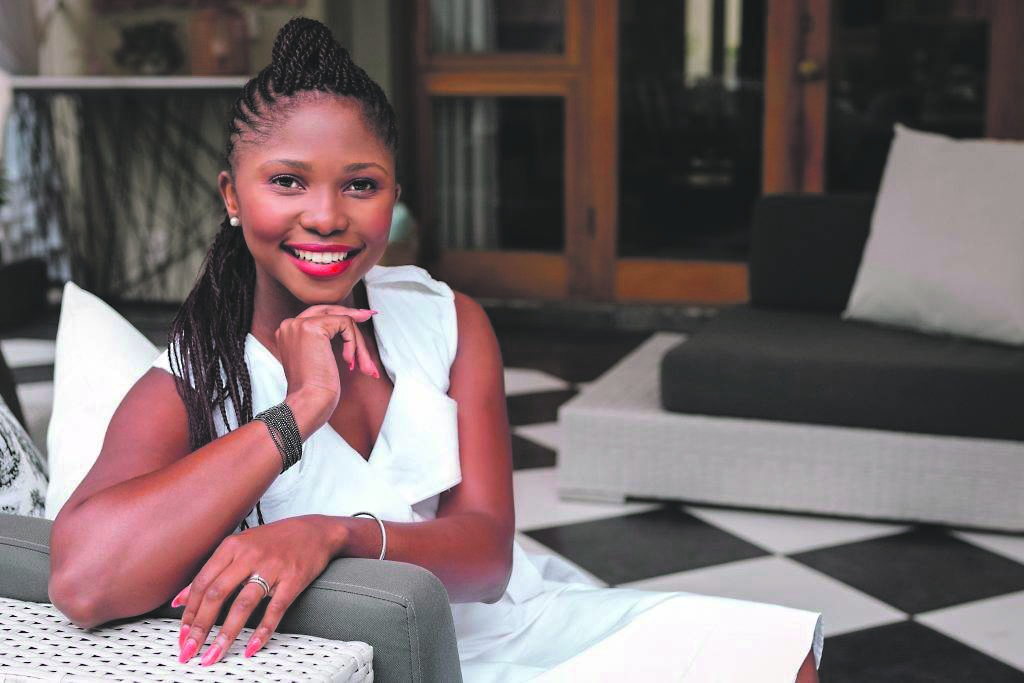
If you’ve ever battled to keep your finances in check and have tried to set up a budget, you’ll know that it’s not easy, and you may just stop trying. To tell the truth, I have had my fair share of struggles with budgeting.
Let’s be frank, few people get a kick out of creating a budget, but it’s the cornerstone of a healthy financial life and it puts you in a position of power because you intentionally decide what to spend your money on.
As US businessman Dave Ramsey says, “a budget is telling your money where to go instead of wondering where it went”.
1. Automate, automate, automate
Automating your budget (setting up debit orders) allows you to operate on autopilot as the stress of having to remember who gets paid how much and when is alleviated, but, more importantly, automating your budget allows you to save and invest diligently.
Automating your investments makes them a priority and not just an afterthought you have when everything else has been ticked off the long list of expenses.
2. Use the envelope system for miscellaneous expenses
The envelope system is a method of budgeting in which you put money meant for different categories into different envelopes.
The point of using envelopes is twofold: one, there is something powerful about deciding to only spend physical cash and not rely on credit; and two, because the money is categorised and you know exactly how much you have earmarked for spending on something such as entertainment, once the envelope is empty, you know that you have no more money to spend on that specific endeavour – your budget for it has run out.
The envelope method makes money more tangible. Although it is one of the best ways to budget, it is not practical for large expenses, such as your bond and car payment – these expenses should be automated through debit orders – it is ideal for smaller expenses, such as groceries, entertainment and the miscellaneous needs of your children.
If having multiple envelopes sounds ancient or you are worried about carrying cash around, you can use multiple bank accounts to do the same thing – deposit a certain amount into each account to cover your different needs, but remember to take bank fees into account.
I use the envelope system for my entertainment needs – it works brilliantly for me because the amount of money I spent on eating out was getting out of hand. Watching the money decrease in the envelope is sobering. I ask my family and friends to come to my house for lunch or dinner instead of going out when my envelope starts to empty out.
3. Use budgeting apps
Budgeting apps are great to keep track of how much you are spending and can quickly alert you when you need to cut back. One such app is 22seven, which can be downloaded from the app store.
4. Use the 50/30/20 budgeting rule
The 50/30/20 budgeting rule is a guideline on how you should split your income effectively. It focuses on three main categories – needs, wants and savings.
CATEGORISE YOUR BUDGET
STEP 1 – NEEDS (examples)
- Housing (bond/rent)
- Water, electricity and services
- Car repayments/transport/insurance
- Groceries
- Family tax
- Medical aid
You must differentiate between which expenses are wants and needs, then allocate 50% of your income after tax to your needs.
STEP 2 – WANTS (examples)
- Dining out
- Holidays
- Shopping
- Hobbies
Look at your wants and allocate 30% of your income to these. We often underestimate just how much of our money goes to what we want. People convince themselves that they don’t spend so much on “wants”, when, in fact, they use up a big chunk of their salary.
It might not be large sums of money – the takeaway coffee in the morning, dining out with friends here and there, the gym membership you hardly use and so on. It all adds up.
STEP 3 – SAVINGS
At least 20% of your income should go towards savings, investments and debt repayments.
This allocation says a lot about debt as it shows that, ideally, consumer debt should not even be part of the equation, thereby leaving you with more money to put into your savings account and investments.
LET’S LOOK AT AN EXAMPLE:
Say your after-tax income is R20 000 – R10 000 will be put into the budget for your needs; R6 000 will go towards your wants; and R4 000 will be put aside for your savings, investments and debt repayments.
When you look at your finances in terms of percentages and not just the rand amounts, you will become more aware of where your money is going.
If you simply look at the fact that you have a monthly grocery bill of R2 000 and a car repayment of R4 500 a month, it doesn’t quite hit home. In relation to the bigger picture regarding your income, what is the percentage?
Now, in our example of the 50% that is meant for needs, it would mean you are 35% away from reaching the limit – R6 500 of R10 000.
Looking at your budget in terms of percentages can be sobering as it allows you to see where large chunks of money are going. This quickly shows you where you can cut back and ensure your financial health.
Remember, for a budget to work, it has to become an integral part of your life, not just something you do once in a while.
Makhu is a personal finance coach




 Publications
Publications
 Partners
Partners








